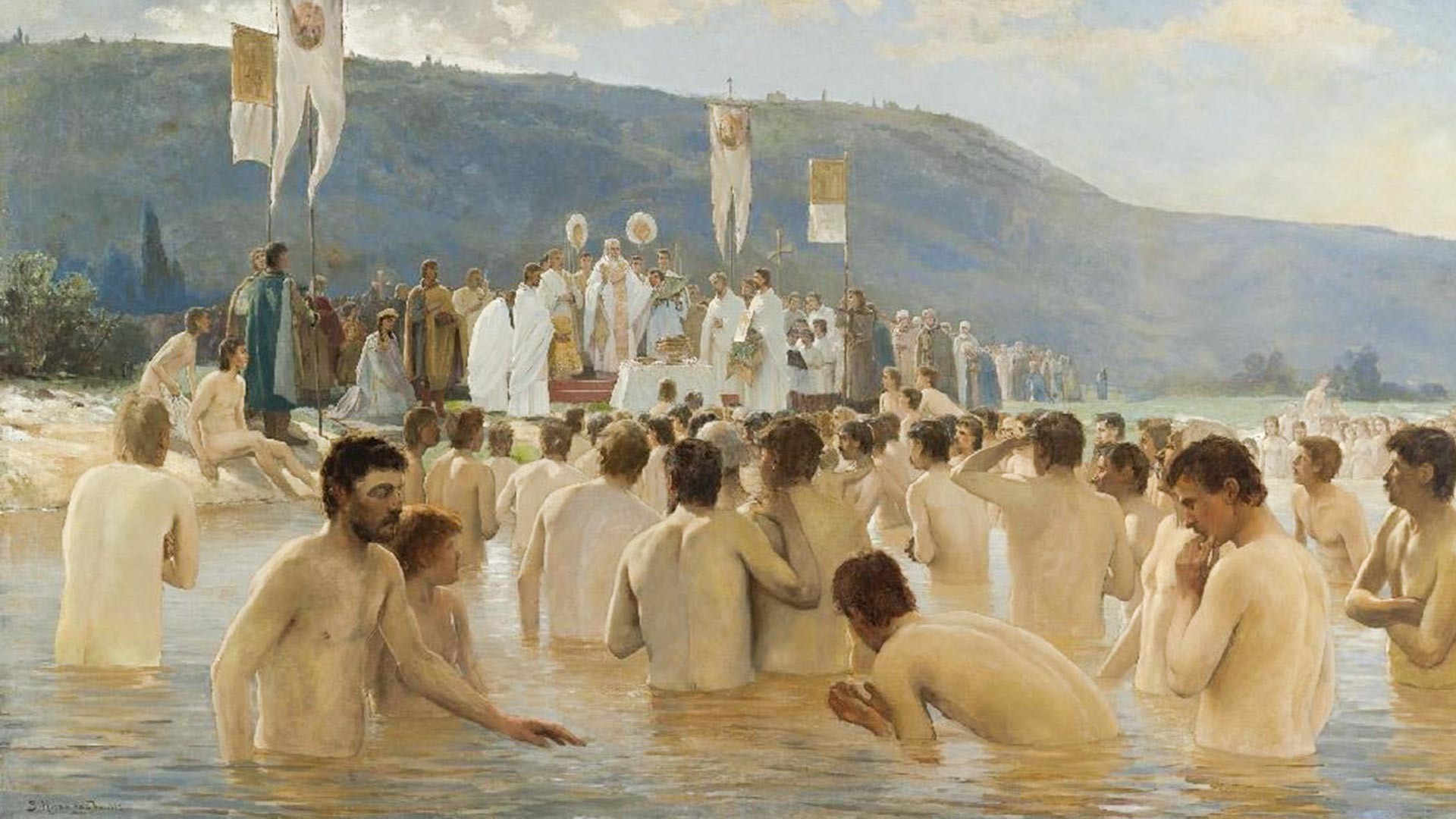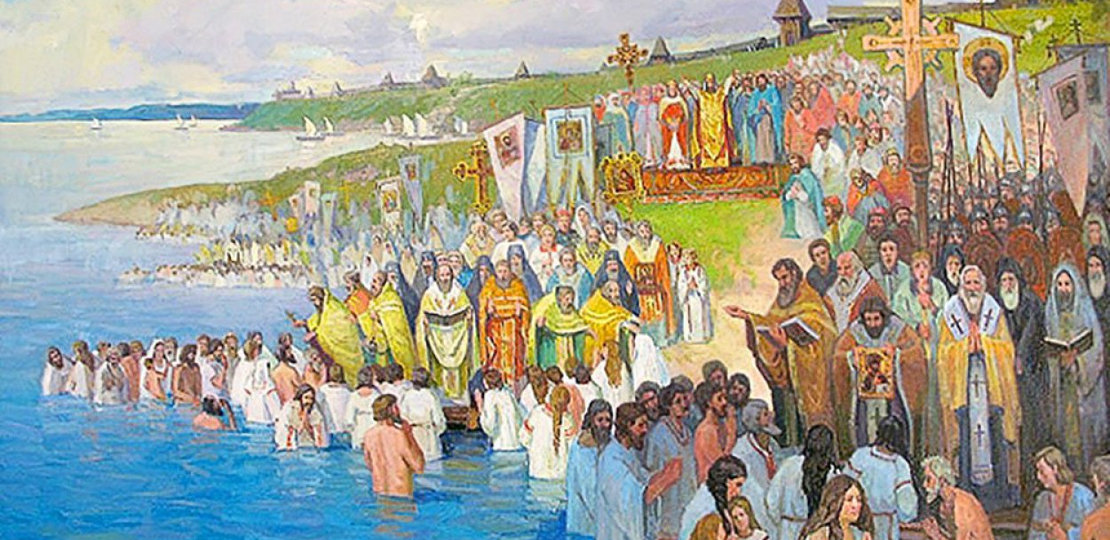According to written ancient Russian testimonies, Prince Vladimir and his warriors discussed issues of faith for a long time and negotiated with neighboring countries, professing different religions. By the end of the 980s. Vladimir, at the head of his squad, decided to accept Christianity and spread it in Russia. The choice of the Eastern Orthodox branch of Christianity is not accidental. The common faith brought from Constantinople, the capital of Byzantium, was supposed to strengthen and preserve the relationship between the two countries, united by previous long-term mutually beneficial cooperation in previous years. The decision was also influenced by the powerful position of the Byzantine Empire, which is at the zenith of glory and prestige.

The adoption of Christianity brought important political consequences. First, it increased the international prestige of Russia, made it possible not only to strengthen, but also to expand traditional ties with the Byzantine Empire, to establish contacts with Western countries and southern Slavs. Secondly, the baptism of Rus also influenced the social aspects of ancient Russian society. The main postulate of Christianity speaks of the divine nature of the supreme power. The principle of the Orthodox faith about the «symphony of powers» put the church practically on a par with secular power, turning it into a strong support for the supreme power, while promoting the spiritual unification of the state and the sanctification of all systems of social relations.
The baptism of Russia and Christianity helped the rapid establishment of state institutions. The adoption of Christianity contributed to national consolidation and the flourishing of culture. Painting and architecture began to develop, which were also influenced by the Byzantine cultural tradition – the heir to antiquity. The main achievement can be considered the popularization of the Cyrillic writing and the emergence of the book tradition. The first monuments of Old Russian writing belong to the period after the baptism of Rus.

